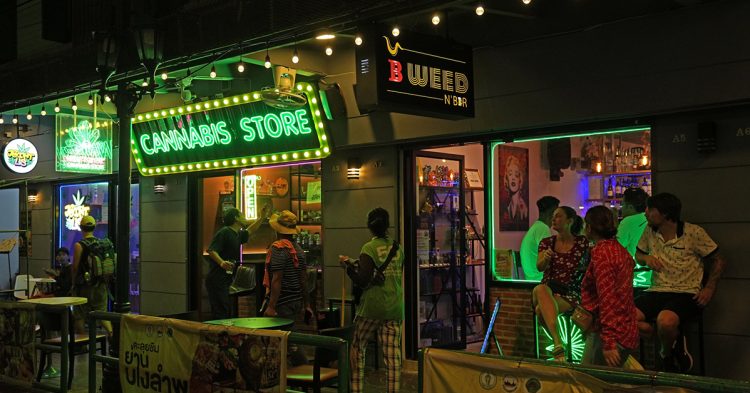In a recent post on the social media platform X, Srettha Thavisin, a prominent figure in the public debate on narcotics regulation, urged the Health Ministry to revise its narcotics classification to include cannabis once again, with specific stipulations for its medical usage. Thavisin also mandated that local authorities intensify efforts to curb the illegal narcotics trade, setting a firm deadline to demonstrate tangible results within three months.
The move to decriminalize cannabis in 2022 was originally intended to limit its use strictly for medical purposes. However, the reality has deviated significantly, as the market operated without stringent regulations. This lack of oversight led to widespread public discontent and increased concerns regarding potential misuse and associated criminal activities.
The push for decriminalization was primarily advocated by the Bhumjaithai Party, a political group with deep roots in Thailand’s economically challenged northeastern regions. The party had advocated for cannabis as a potential economic boon for local farmers. By the 2023 elections, the narrative had shifted, with all major political parties, including Bhumjaithai, aligning on the restriction of cannabis solely for medicinal applications.
Despite the political consensus, the proposal to drastically scale back cannabis accessibility has been met with resistance from business owners and cannabis proponents. They argue that such changes could have adverse economic impacts. The legalization of cannabis has indeed been a significant economic driver, particularly benefiting the tourism and agriculture sectors. It has led to the proliferation of cannabis retail outlets, which range from storefronts and mobile trucks to various market stalls across the nation.









